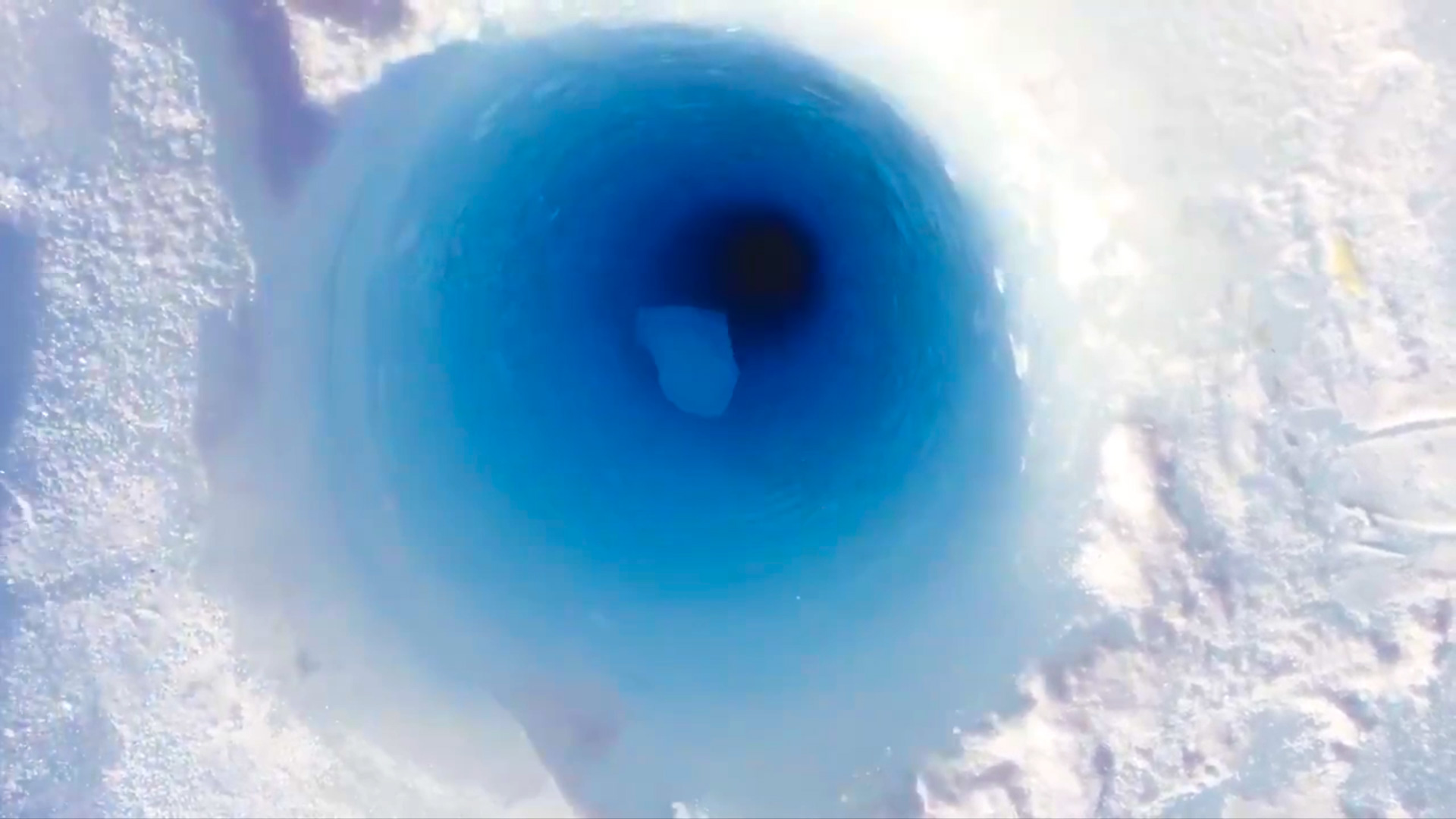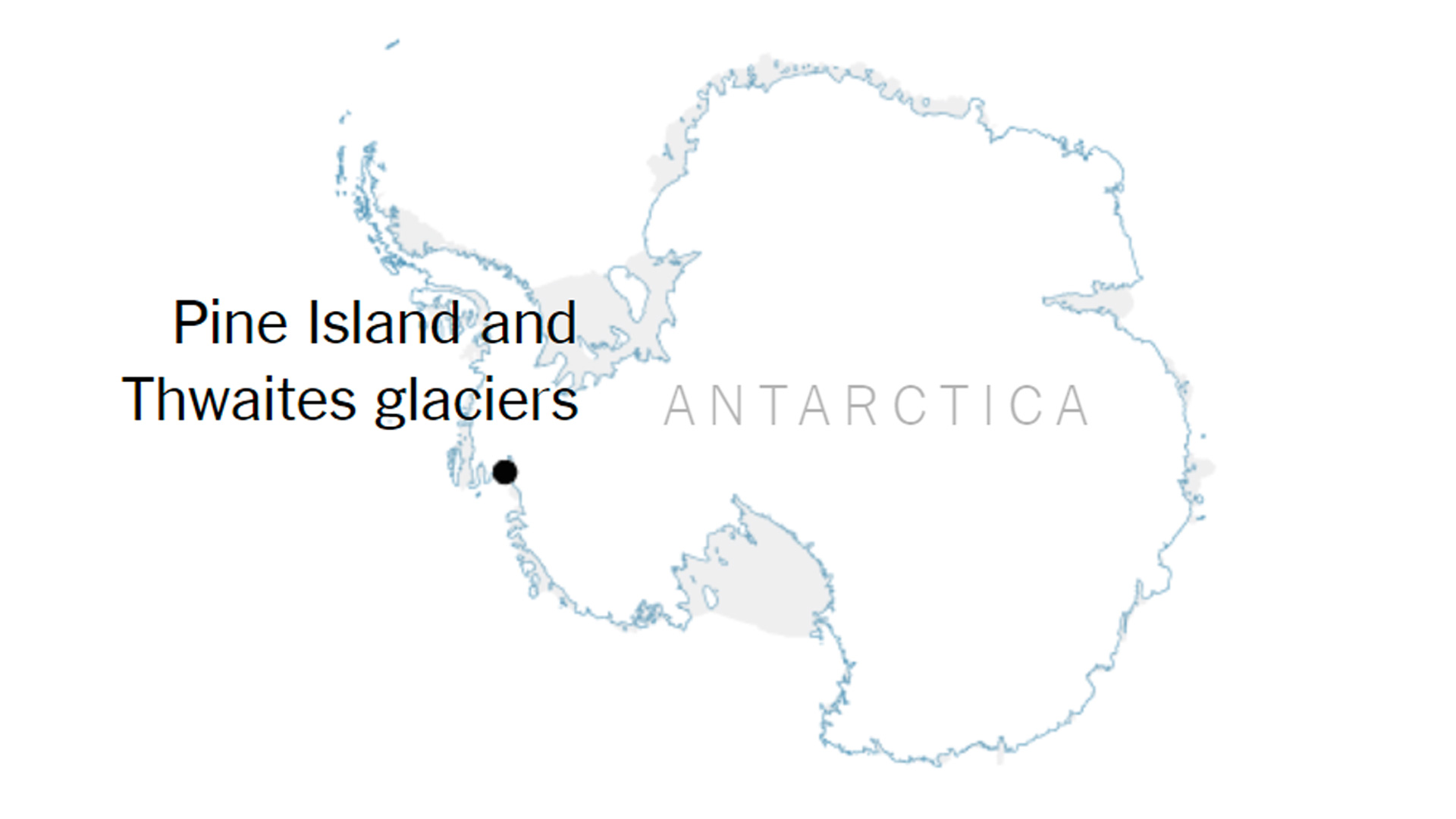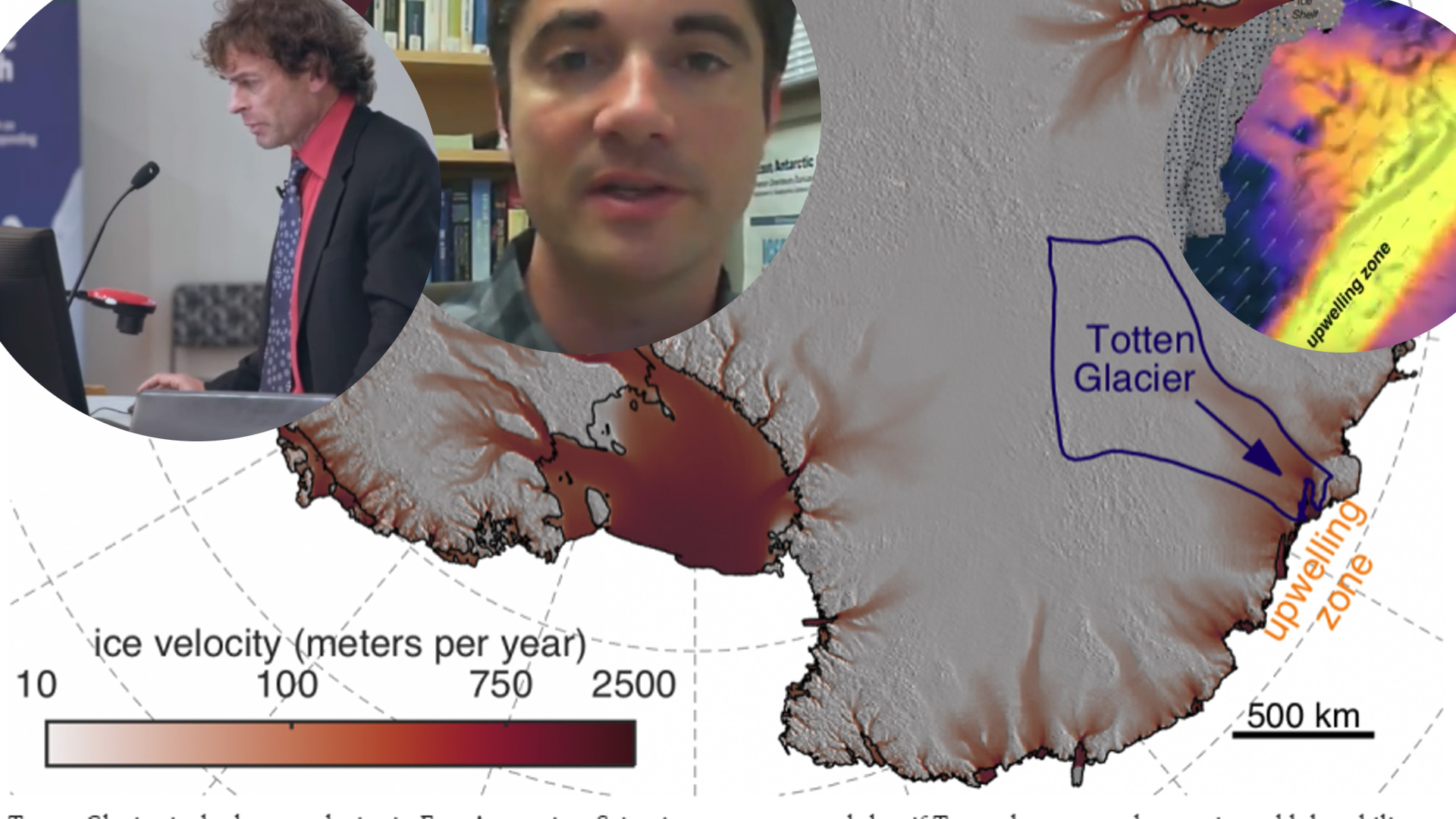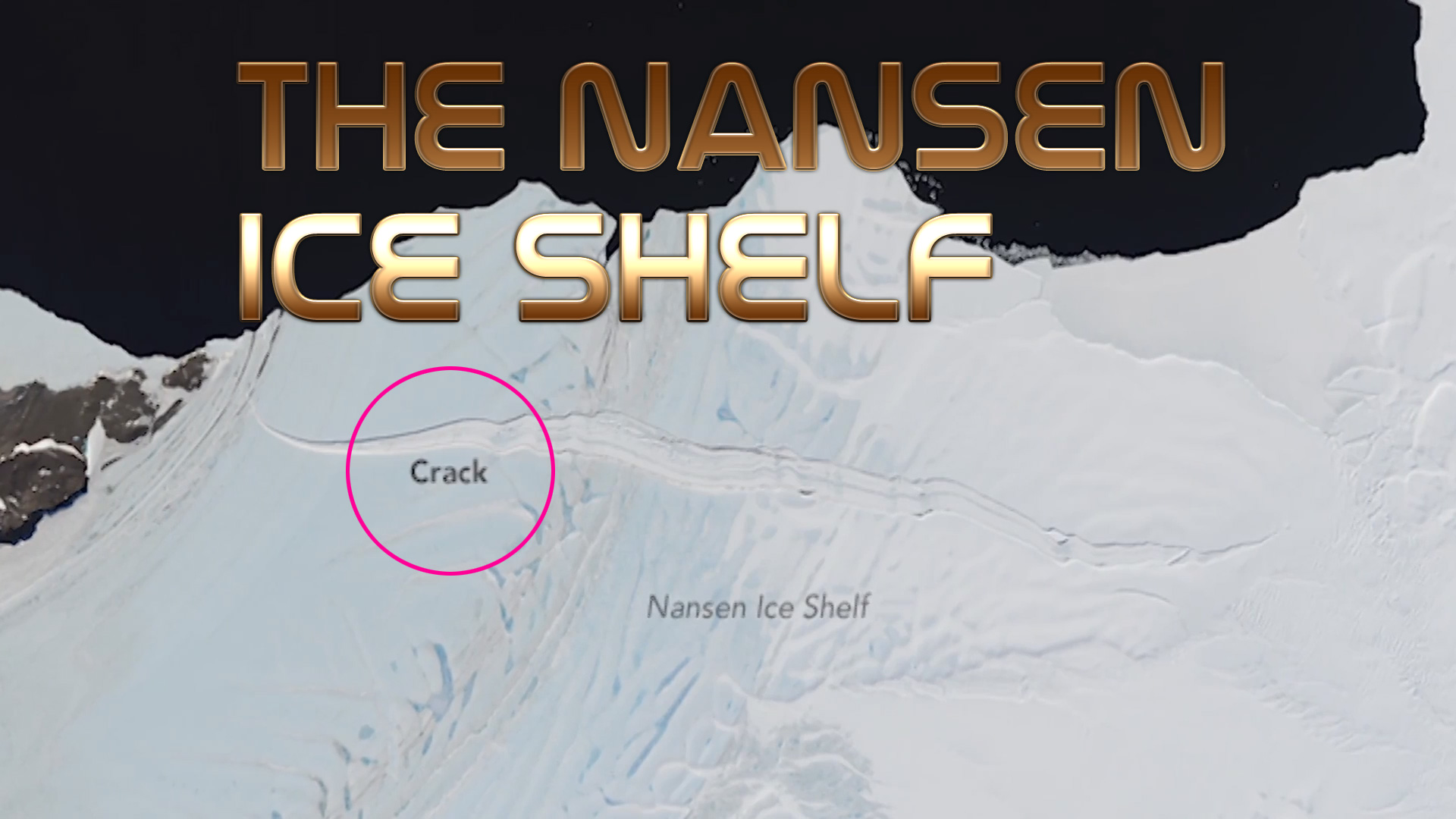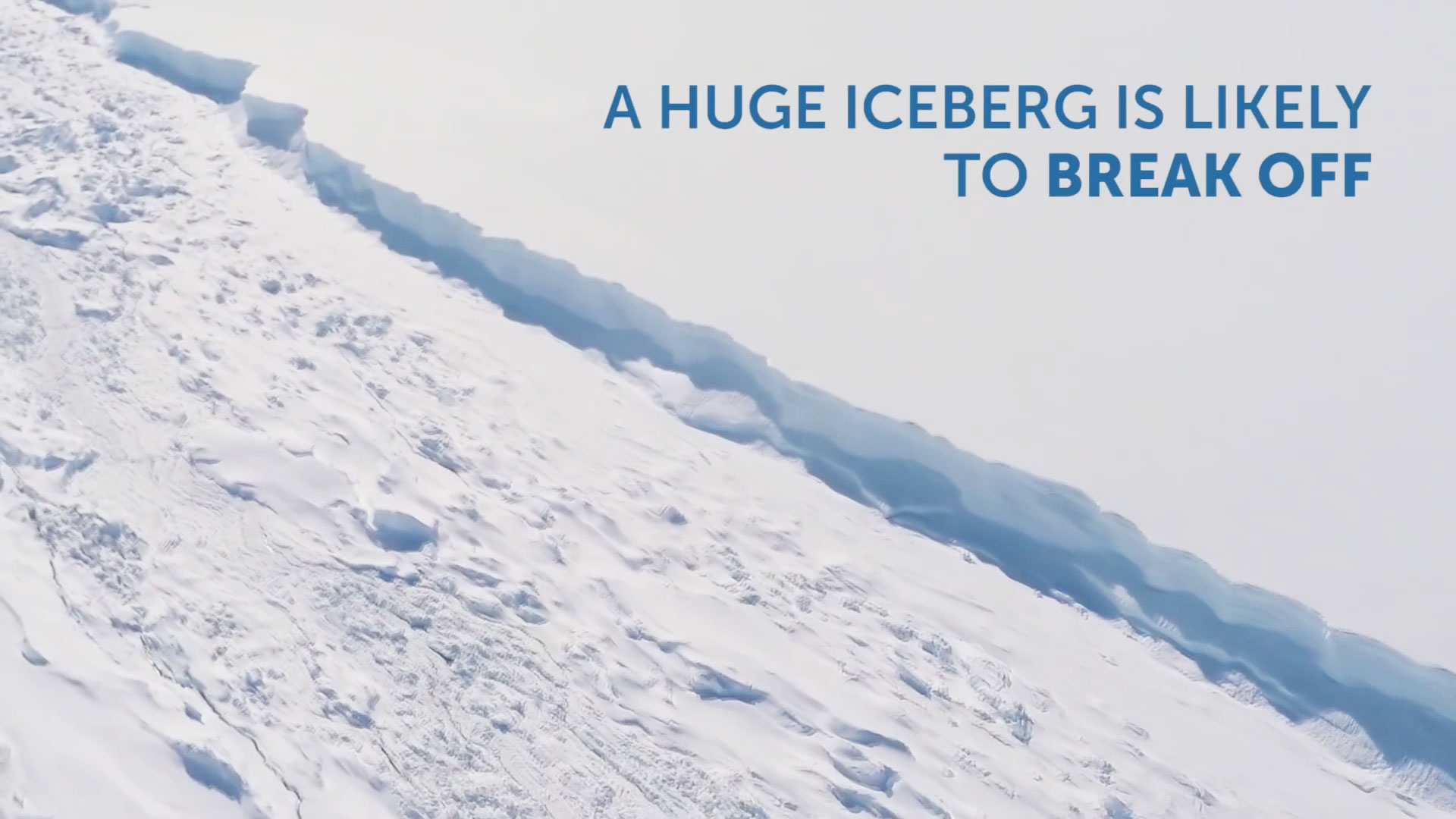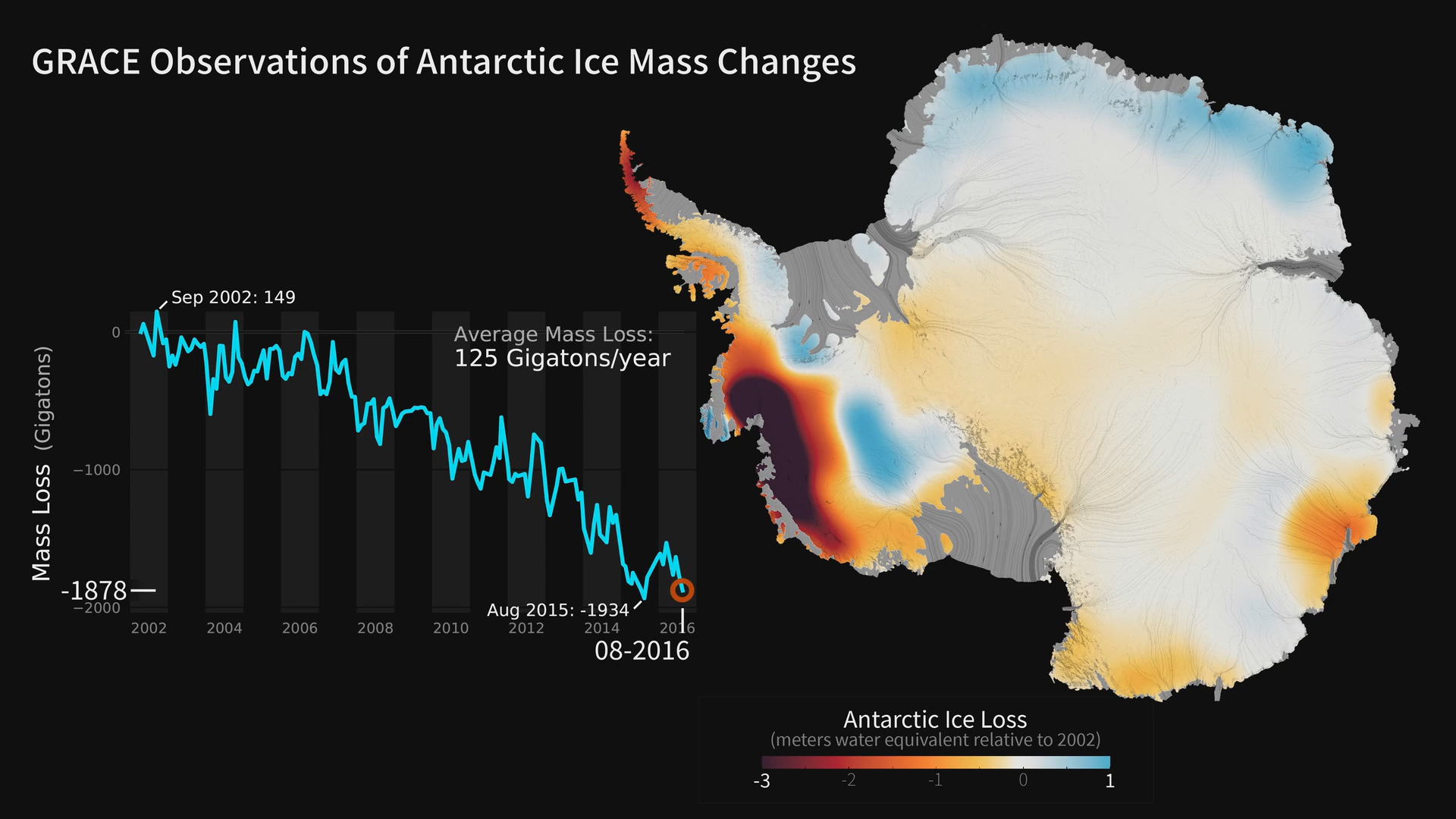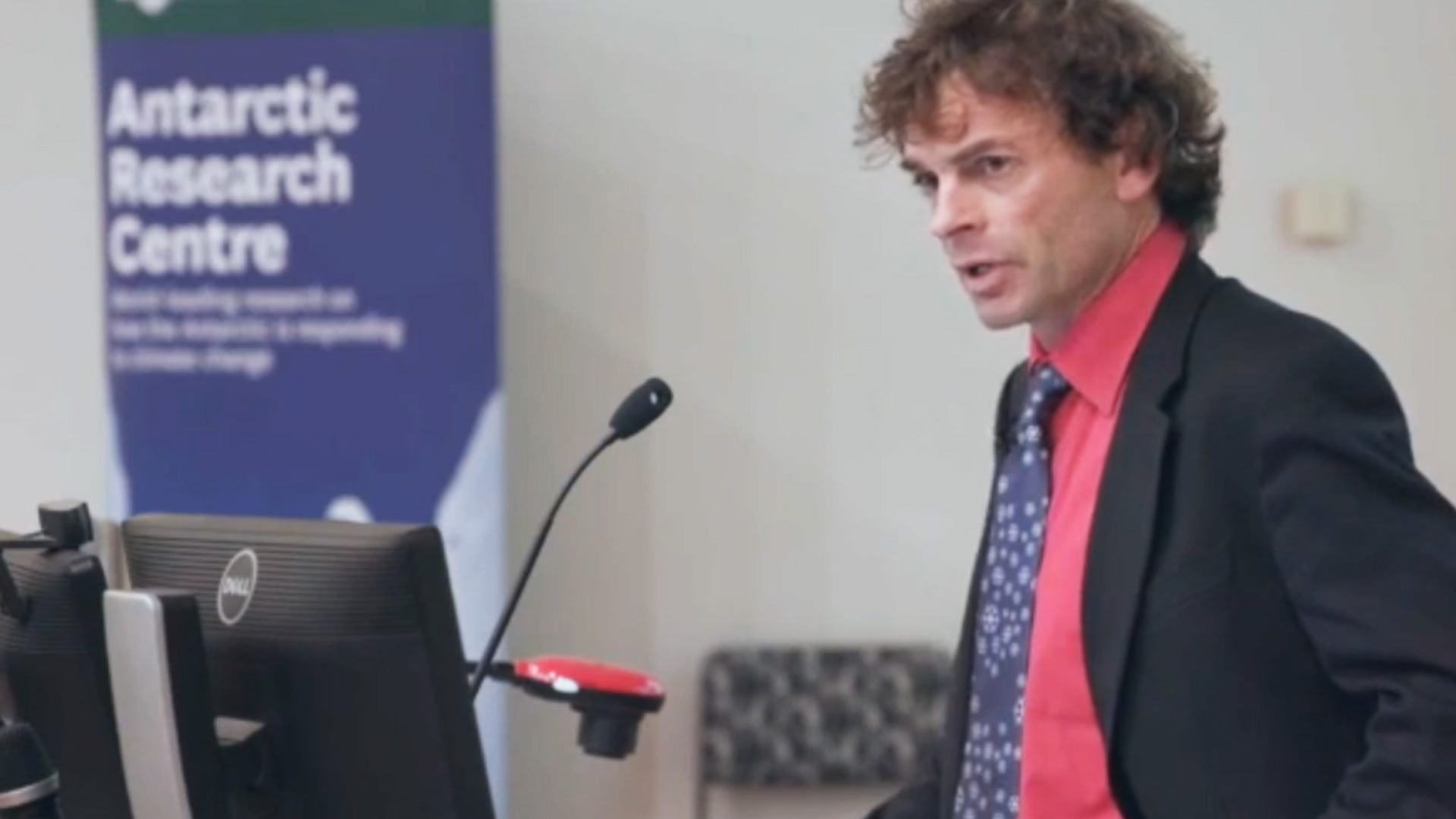They went to drill for ice cores, but then they […]
https://www.youtube.com/watch?v=IKVj_AUw0Y0 Two of the frozen continent’s fastest-moving glaciers are shedding […]
Totten Glacier, the largest glacier in East Antarctica, is being […]
Antarctic ice rift close to calving, after growing 17km in […]
Eric Rignot (NASA/JPL) one of the world’s most prominent glaciologists, […]
